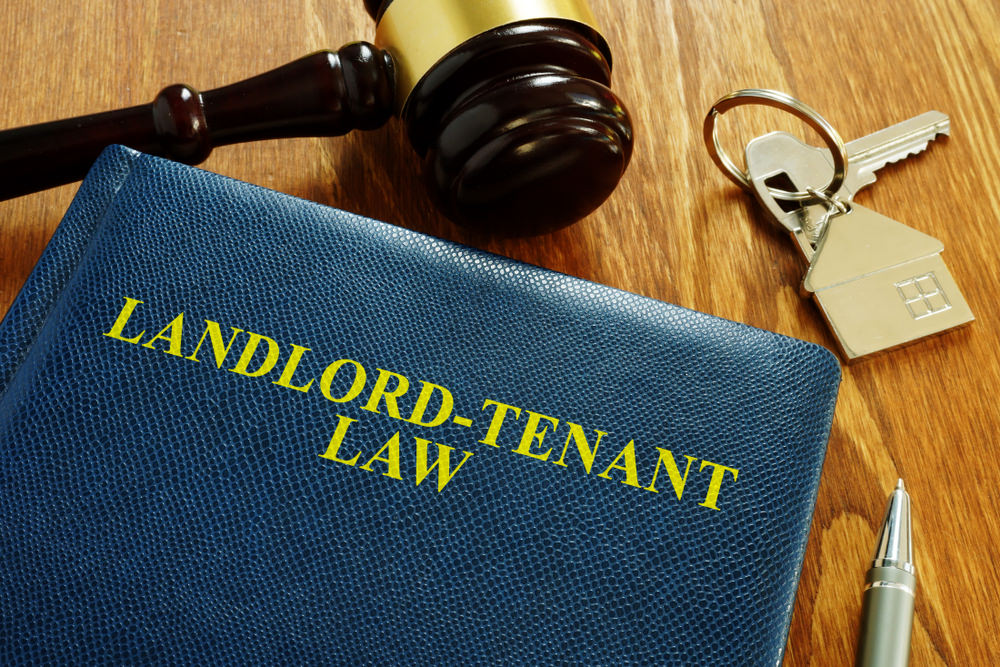Landlords have demanding jobs. They must manage the needs of their tenants, maintain their properties, maintain paperwork, and ensure that they meet all state and federal rules and regulations.
Some of the most problematic issues arise with tenants, especially when renters cause problems or must be evicted for various reasons. Although some landlords feel they can accomplish much of the work on their own, those jobs can become overwhelming when owning several properties. Retaining a Dallas HOA lawyer can make your life easier and your tenants happier.
Understanding Your Legal Rights as a Landlord
When managing your property, you have a lot at stake. A legal expert versed in condo law and rental properties can help you understand your legal responsibilities as a landlord in Texas. You have specific rights as a property owner, but you also must stay within the law when performing specific actions. Otherwise, your tenants will have a solid case against you in court. An eviction lawyer can help you with the following:
- Writing and terminating a lease
- The legal process for evicting tenants
- Advice on federal fair housing laws
- Your rights in tenant disputes
- Defense when you are being sued for housing discrimination or other disputes
Collecting Unpaid Rents
Slow-paying tenants are one of the banes that landlords must face. Instead of doing the job yourself, employing a Dallas eviction lawyer to do the job is a smart decision for several reasons. For one, your lawyer can act as a buffer between you and the tenant who hasn’t paid and may even uncover problems that your tenant has been reluctant to disclose.
Secondly, as your representative, your HOA lawyer can also outline the legal repercussions if your tenant refuses to pay, possibly heading off eviction actions. Similarly, your eviction attorney can also work with tenants to smooth over problems like breaking the lease terms, and allowing the tenants in question to make reparations instead of starting the eviction process.
Eviction Laws and Procedures in Texas
When attempting to evict a tenant in Texas, landlords must follow a specific process. You’ll need to give notice of the eviction, which specifies the reason. Tenants will have between three and 30 days to vacate the property if your building falls under the federal CARES Act. Follow the process precisely to ensure your tenant can successfully fight the eviction.
Understanding Security Deposits and Other Fees
Security deposits are an essential part of the rental process. The money paid in a security deposit is a promise from your tenants that they will keep the property in good condition. You can withhold security deposits and other fees from tenants when they violate the terms of their lease agreement.
Retaining an eviction lawyer will help you understand how to set up security deposits and additional fees through correct legal language and understand when tenants violate their leases.
Effectively Dealing With Difficult Tenants
All landlords love quiet and cooperative tenants who only complain for a legitimate reason. Yet, most landlords also deal with difficult renters who complain at every turn. You can turn over dealing with difficult tenants to your Dallas HOA lawyer, but only some situations are appropriate for legal help. Ask your legal counsel for tips on the following:
- How to remain calm, objective, and rational
- How to get tenants on your side
- How to get them to treat you with respect
Keeping written records of everything can go a long way in getting difficult tenants to back off unreasonable claims.
Seek Help from Manning & Meyers, a Team of Experienced Dallas Eviction Lawyers
The legal staff at Manning & Meyers is experienced in all facets of rental and condo law. You can count on us to help you with any tenant problem that may arise. Contact us to get started with your free, no-obligation consultation.


